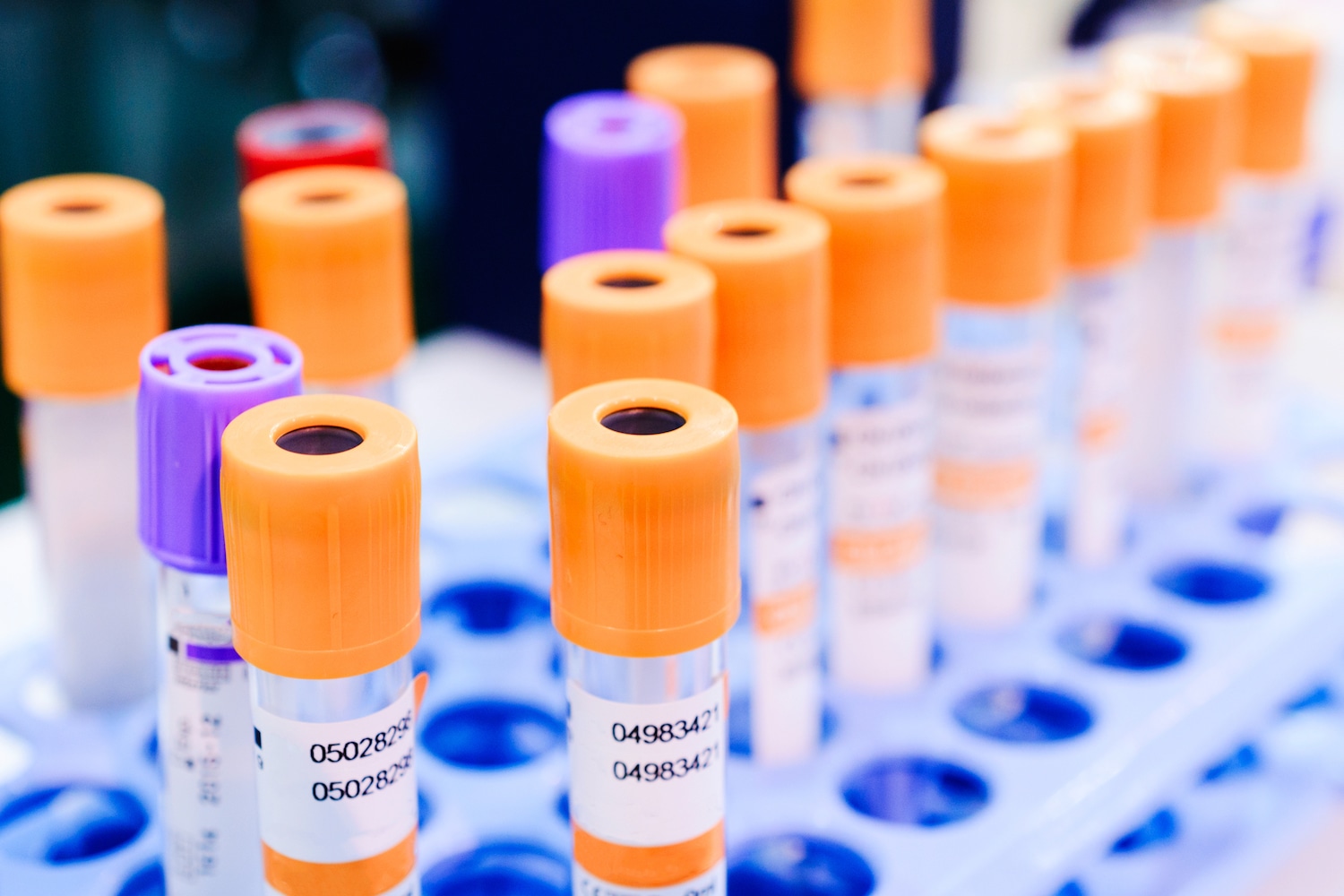In response to the continuing spread of the coronavirus and the increasing cases of COVID-19 in the U.S., both the National Cancer Institute (NCI) and the Food and Drug Administration (FDA) have released practical guidelines for companies running trials and for physicians managing patients on trials and recruiting patients to studies.
The FDA’s guidance, released March 18, 2020, stresses the safety of patients as the guiding principle for decision-making. The agency notes that in light of the coronavirus pandemic, physicians and trial sponsors may need to make choices about whether to recruit new patients or to continue to give investigational drugs to patients. Changes to the way patients are monitored also may be necessary. Patients need to be informed of any changes to study and monitoring plans that could affect them, the FDA writes.
For More Information
Read more coverage here from Cancer Today on the various impacts of the coronavirus on people with cancer.
In a memorandum released on March 13, 2020, NCI directors address two clinical trial groups within the NCI, listing the ways in which clinicians can adapt how trials are conducted. The document provides guidance on how clinicians may transfer a patient to a new clinical trial site, engage local health care providers to care for and evaluate patients unable to travel to their designated trial site, and arrange to ship investigational oral treatments directly to patients, none of which are standard practices.
For clinical trial patients, coming in for treatment or monitoring must be weighed against the risk of being exposed to the coronavirus.
“The guidance from the NCI, the FDA and from our own Institutional Review Board is aligned with what all of us need to do—minimize patient visits,” says Brian Rini, chief of clinical trials and a medical oncologist specializing in genitourinary cancers at the Vanderbilt-Ingram Cancer Center in Nashville. “This means that patients who don’t have symptoms that require care who are coming in for routine visits should not be coming in.” Cancer centers are already working to minimize patient visits, including ramping up the number of telehealth visits and rescheduling routine follow-up visits. The same rules are in place for clinical trial patients.
“We are already and will continue to have discussions of the benefit of individual patients coming in for treatment versus the risk of developing an infection and potentially dying from infection,” says Rini. “We think about these issues normally, but this pandemic has really intensified and magnified these choices.”
The FDA guidance opens new options for clinical trials such as shipping oral investigational medications directly to patients. When Cancer Today spoke to Rini on the phone on March 18, he had just had a meeting on the logistics of identifying trial patients currently on an experimental oral therapy that could begin to receive home shipments of their therapy. Intravenous drugs cannot be shipped, but the FDA has suggested alternatives such as at-home infusions by a traveling nurse or infusion at a lower-volume clinical site. For both types of experimental agents, there are restrictions on shipping of drugs across state lines that still need to be removed, according to Rini.
“We want to do [the experimental drug shipments] as a systemwide plan, not patient by patient, and we are working on that,” says Rini. “We have about 500 visits for patients on trials over the next two months that we could potentially avoid by setting this up.”
Hospitals in areas where the COVID-19 caseloads are still low are also learning from their counterparts in hospitals located in regions where there is a high concentration of COVID-19 cases. “Fortunately for us in Nashville, we are not an epicenter right now, and we are setting up multidisciplinary internal calls to manage patients. In addition, our teams are interacting with the teams that are within the epicenters of this pandemic, both nationally and internationally, to learn rapidly from each other,” says Madan Jagasia, the chief medical officer of the Vanderbilt-Ingram Cancer Center and a transplant physician.
Pharmaceutical companies have also issued guidance on clinical trials. Bristol Myers Squibb, for example, announced that no new trial sites or new trials will be initiated through at least April 13, 2020, and stated that patients with COVID-19 symptoms or those that test positive should not be treated until resolution of the infection.
An ongoing survey of 170 U.S. clinical trial sites conducted by Illinois-based Continuum Clinical shows that, as of March 17, an average of 39% of sites surveyed say that there will be a “big” or “extremely big” impact on both enrollment and patient retention on clinical trials within all therapeutic areas. For oncology trials, about 37% of sites said that there will be a “big” or “extremely big” impact.
In the Mount Sinai Health System in New York City, “We have stopped accruing for ongoing trials that are for patients who have standard-of-care therapy available and are continuing to enroll onto trials offering therapy for patients who have no other therapy options,” says Cardinale B. Smith, a palliative care physician, researcher and the director of quality for cancer services at Mount Sinai. As a result of the pandemic, the cancer center is no longer opening new clinical trials. “It is also a workforce issue,” adds Smith. “Clinical trials require a lot of staff, and we have nurses and physicians who are ill or have difficultly coming in because of childcare issues as a result of school closures. We need to keep the essential functions of patient care going with limited resources right now.”
Cancer Today magazine is free to cancer patients, survivors and caregivers who live in the U.S. Subscribe here to receive four issues per year.





